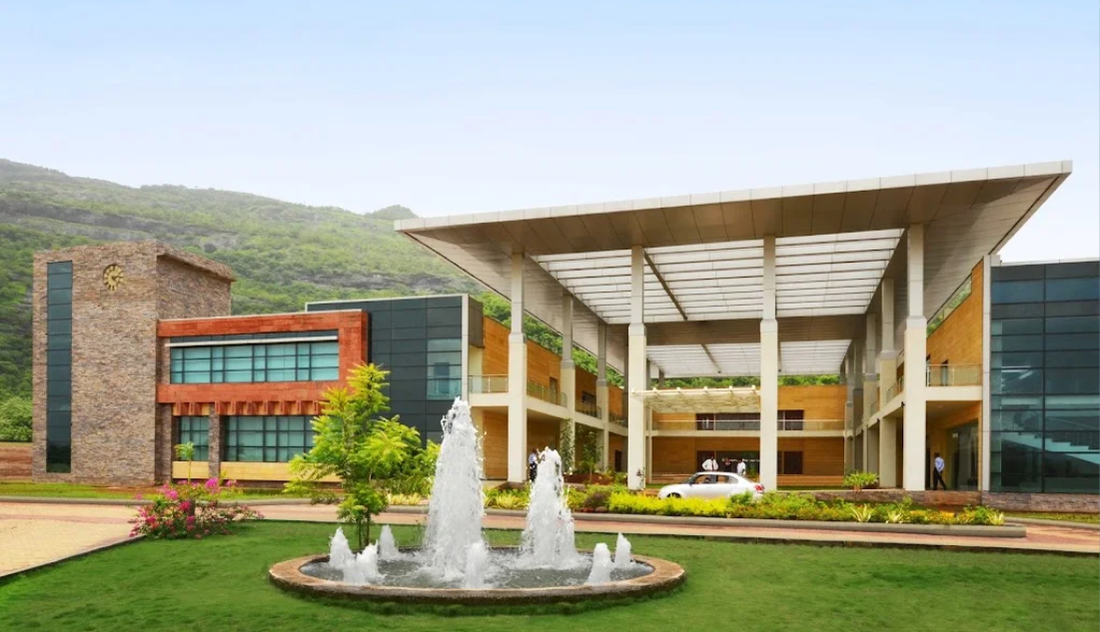Education is more than the transmission of knowledge from one generation to the next—it’s the foundation of progress, equality, and innovation. In a rapidly changing global landscape, education remains the most powerful tool for transforming lives, shaping societies, and solving the pressing challenges of our time.
The Essence of Education
At its core, education is about empowerment. It equips individuals with the skills, knowledge, and values needed to understand the world and actively contribute to it. From early childhood learning to advanced degrees, education nurtures curiosity, critical thinking, creativity, and resilience.
A well-rounded education does not merely prepare individuals for employment; it helps shape character, ethical reasoning, and civic responsibility. In this way, education serves both personal and societal goals, fostering economic development while strengthening democratic values and human rights.
The Role of Technology
The digital revolution has reshaped how education is delivered and accessed. Online platforms, virtual classrooms, and interactive tools have made learning more flexible and inclusive. Particularly during the COVID-19 pandemic, remote learning became essential, highlighting both the potential of technology and the deep digital divide that still exists.
Today’s educational models must balance traditional methods with innovative approaches, ensuring that all students—regardless of geography or background—can benefit from quality learning opportunities. This means investing in infrastructure, teacher training, and equitable access to devices and internet connectivity.
Challenges and Inequities
Despite progress in many regions, education remains out of reach for millions. Barriers such as poverty, conflict, gender discrimination, and under-resourced schools continue to deny children and adults their right to learn. According to UNESCO, over 250 million children globally are still out of school.
Addressing these challenges requires systemic reform, political will, and international cooperation. Education must be prioritized in public policy, with increased funding, inclusive curricula, and a focus on marginalized communities.
The Future of Education
Looking ahead, the future of education must be adaptable and learner-centered. Lifelong learning will become the norm as careers evolve and new industries emerge. Skills such as emotional intelligence, digital literacy, and environmental awareness will be as important as literacy and numeracy.
Global education goals, like the United Nations’ Sustainable Development Goal 4, aim to ensure inclusive and equitable quality education for all. Achieving this will demand not only financial resources but also innovative thinking, community engagement, and a shared belief in the transformative power of learning.
Conclusion
Education is not a luxury—it is a human right and a societal necessity. It lays the groundwork for dignity, opportunity, and peace. As we navigate complex global challenges, investing in education is the smartest and most sustainable choice we can make. It’s not just about preparing children for the future—it’s about preparing the future for our children.



